Brandon Kinman
Google Scanned Objects: A High-Quality Dataset of 3D Scanned Household Items
Apr 25, 2022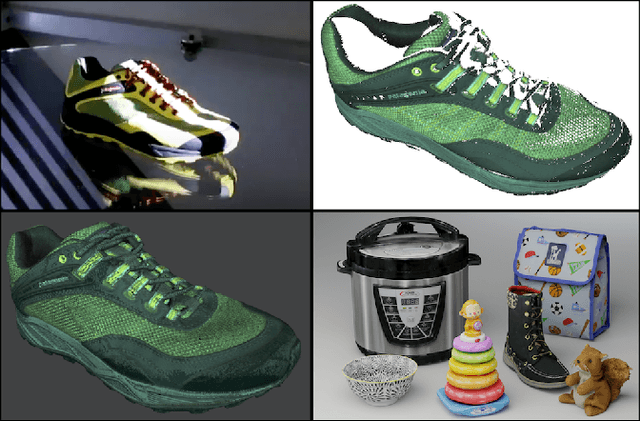
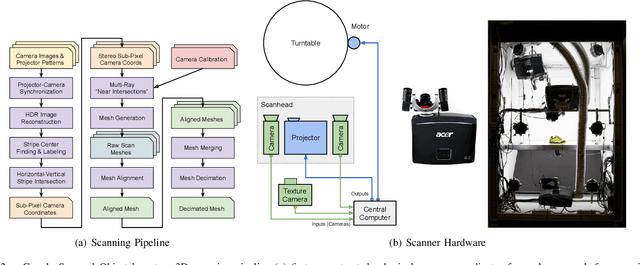
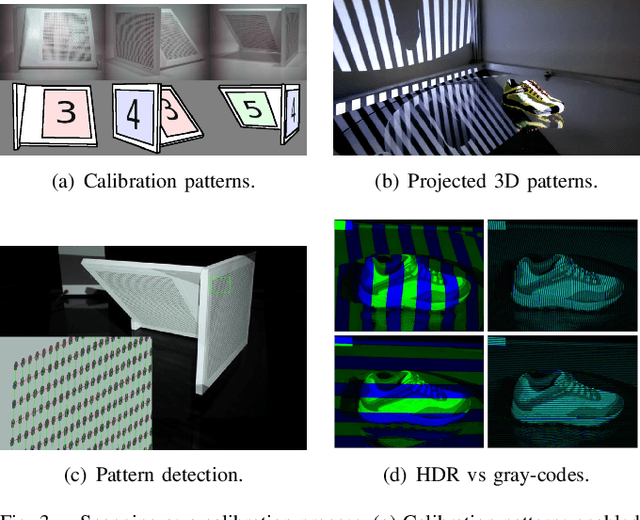
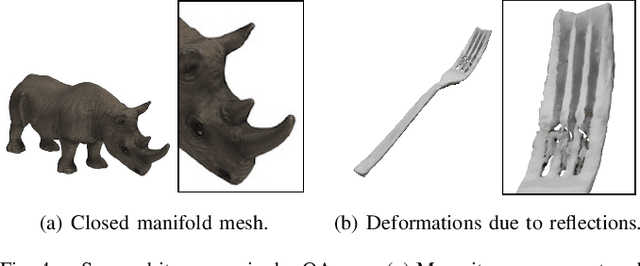
Abstract:Interactive 3D simulations have enabled breakthroughs in robotics and computer vision, but simulating the broad diversity of environments needed for deep learning requires large corpora of photo-realistic 3D object models. To address this need, we present Google Scanned Objects, an open-source collection of over one thousand 3D-scanned household items released under a Creative Commons license; these models are preprocessed for use in Ignition Gazebo and the Bullet simulation platforms, but are easily adaptable to other simulators. We describe our object scanning and curation pipeline, then provide statistics about the contents of the dataset and its usage. We hope that the diversity, quality, and flexibility of Google Scanned Objects will lead to advances in interactive simulation, synthetic perception, and robotic learning.
Demonstration-Bootstrapped Autonomous Practicing via Multi-Task Reinforcement Learning
Mar 29, 2022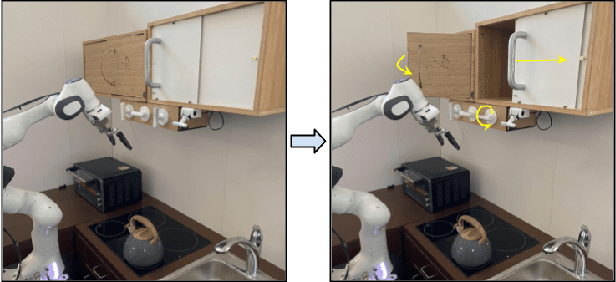
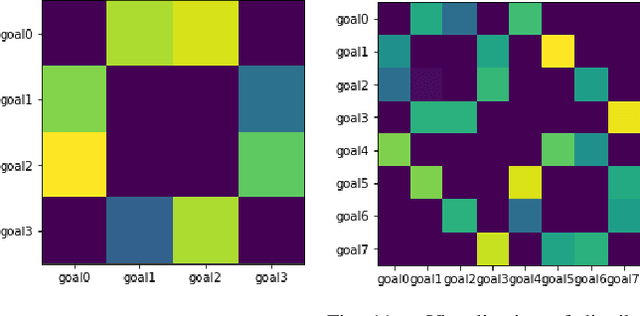

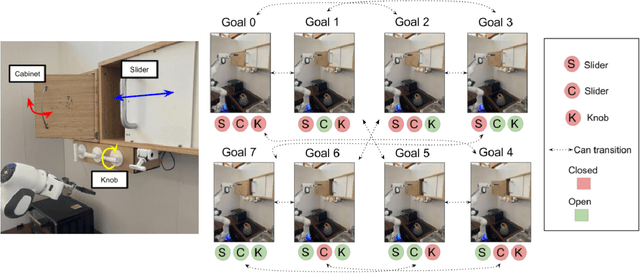
Abstract:Reinforcement learning systems have the potential to enable continuous improvement in unstructured environments, leveraging data collected autonomously. However, in practice these systems require significant amounts of instrumentation or human intervention to learn in the real world. In this work, we propose a system for reinforcement learning that leverages multi-task reinforcement learning bootstrapped with prior data to enable continuous autonomous practicing, minimizing the number of resets needed while being able to learn temporally extended behaviors. We show how appropriately provided prior data can help bootstrap both low-level multi-task policies and strategies for sequencing these tasks one after another to enable learning with minimal resets. This mechanism enables our robotic system to practice with minimal human intervention at training time while being able to solve long horizon tasks at test time. We show the efficacy of the proposed system on a challenging kitchen manipulation task both in simulation and in the real world, demonstrating the ability to practice autonomously in order to solve temporally extended problems.
 Add to Chrome
Add to Chrome Add to Firefox
Add to Firefox Add to Edge
Add to Edge